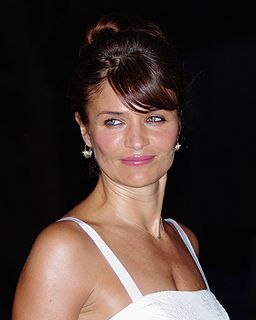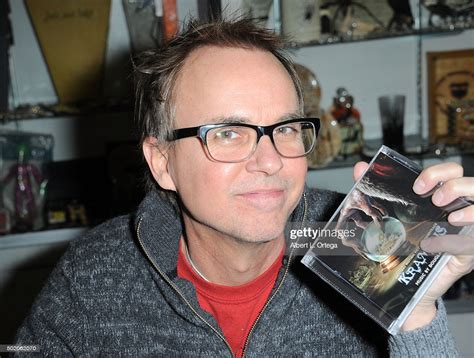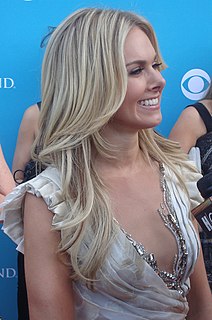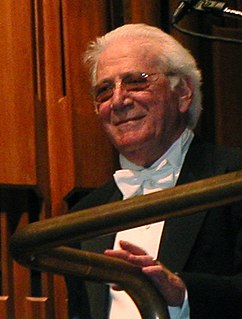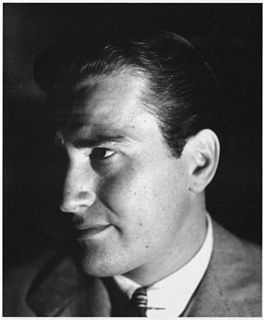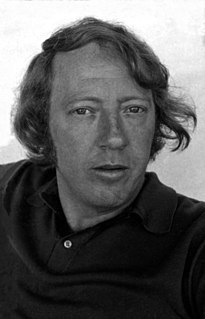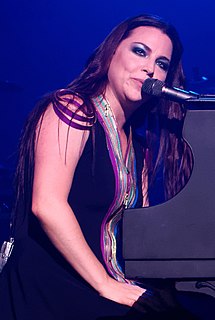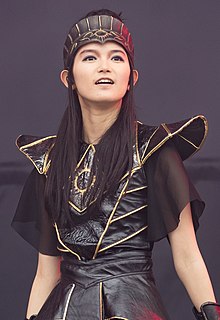A Quote by Rza
When scoring a film, empathy is the key. And it is just as important to use music to express the actors' emotions as it is to move the audience.
Related Quotes
I was playing in a band and was approached to score an independent film. I had never done it, but had written instrumental music, so I figured I could do it. Turns out I loved scoring the film, and took on another couple films before realizing that if I was to be an effective narrative composer, I should study the craft of composition. I stopped taking projects and got a degree in orchestral music composition, and followed that with film scoring studies. Near the end of my degree studies, I started taking on student films as a way to get back into film scoring.
It seems to me that dominant cinema seems to require an empathy or a sympathy between the film and the audience which is basically to do with the manipulation of the emotions and it seems to me again -- and this is a very subjective position -- that most cinema seems to trivialise the emotions, sentimentalising or romanticising them.
I'm ready for all forms of dialogue about the film The Conquest. There will be a lot of political talk, but I don't think the film itself will be scandalous. For the French, there are so many emotions relating to Sarkozy and politicians in general that I think the film will generate a lot of passion, whether it be negative or positive. Above all, it's a fictional film. It was important not to make a documentary and to really pay attention to the images. From the choice of the actors to the mise en scene, the film is completely cinematographic. It's not just a boring political movie.
I've been fortunate in that the films I've worked on in the horror genre are themselves not pure horror, and have allowed me to write in a wide variety of styles. Those scores contain elements of fantasy, drama, action, comedy... really all types of scoring, and that gives the horror moments more impact. As for scoring the horror moments, I do like approaching the music from the psychological aspect, scoring to the characters' thoughts, emotions, motivations and such.
You read reviews by top reviewers of films that not only had remarkably interesting scores, but films whose effectiveness was absolutely enhanced, and frequently created by the music, yet the reviewers seem unaware that their emotions and their nervous reactions to the films have been affected by the scoring. This is a serious flaw. Any film reviewer owes it to himself, and the public, to take every element of the film into account.
I'm not conditioned to be an entertainer. An entertainer pleases others while an artist only has to please himself. The problem with that is artists are misunderstood by all. I'm not interested in the clarinet but in music. we speak our emotions into music. An artist should write for himself and not for an audience. If the audience likes it, great. If not, they can keep away. My situation is the same. Let them concentrate on my music and not on me. I like the music. I love it and live it, in fact. But for me, the business part of music just plain stinks.
There are some actors that are great stars and storytellers, but not necessarily good actors. I'm talking about some - not all - of the people you see in action flms or blockbusters. They're film stars, though not necessarily great actors. And there are those who are great actors, but not necessarily big film stars. Jim Sturgess is both. He's quite obviously a star, the audience likes him, he's a great storyteller and he turned out to be one of the greatest actors I've worked with as well.

